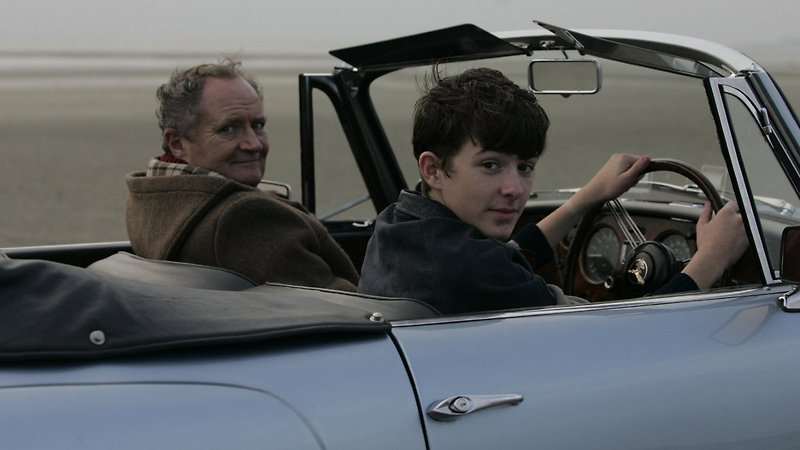Jim Broadbent, Juliet Stevenson and Colin Firth star in this heartfelt adaptation of Blake Morrison's memoir of his uneasy relationship with his country doctor father. "Likely to strike a chord in almost anybody." — Evening Standard

Engrossing and emotionally powerful... It is a film likely to strike a chord in almost everybody.
Screened as part of NZIFF 2008
And When Did You Last See Your Father? 2007
"Blake Morrison's bestselling and highly influential memoir from 1993, about an ambiguous, painful reconciliation with his dying father, has here been turned into an intelligent and heartfelt film. David Nicholls' clear adaptation intercuts between the unendurable pathos of the father's deathbed and the son's childhood memories in flashback. Jim Broadbent is on terrific form as Morrison's father Arthur, a country GP with a rakish, raffish addiction to venial scams and dodges, with Juliet Stevenson as his long-suffering wife. Colin Firth is the tight-lipped Blake himself, still needing closure after a lifetime's swallowed rage, still seething at Arthur's blustering refusal to congratulate him on his successes in literary London." — Peter Bradshaw, The Guardian
"The film is part tribute, part inquisition into the character of Arthur Morrison, bumptious Yorkshire doctor, jovial family man and suspected philanderer. Tucker's gliding, sinuous camerawork is beautiful, both in its corner-of-the-eye watchfulness and its hints of turmoil beneath the British reserve; this is a film-maker who knows exactly what he's doing. It's a great song of innocence and embarrassment, with a lively, gregarious performance at its centre by Jim Broadbent as Arthur and a quieter but no less effective one by debutant Beard [as the young Blake]." — Anthony Quinn, The Independent
"The film alternates subtly, seamlessly between past and present and constantly uses mirrors to suggest the different meanings of reflection... It touches movingly, enlighteningly on universal matters we can all identify with, and it does so without ever getting maudlin or sentimental." — Philip French, The Observer